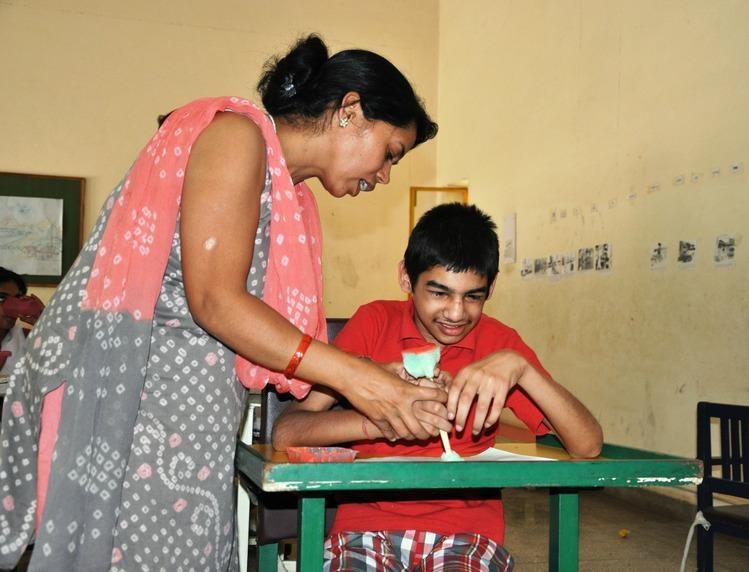World Braille Day is observed to spread awareness on the importance of Braille as a means of communication. It is a reminder of the importance of accessibility and independence for those who are blind or visually-impaired. But unfortunately, many establishments — restaurants, banks, hospitals — aren’t equipped with Braille menus, statements or bills. That means people with blindness or vision impairment aren’t given the freedom to choose their own dinner or to keep their finances private.
Louis Braille invented and designed Braille writing, which enables people who are blind to read by feeling a series of organised bumps representing letters, after he became blind.
Braille allows blind and partially sighted people to learn spelling, grammar and punctuation and gain an understanding of how text is formatted on the page. A visually impaired person needs not to use his/her eyes for reading. All one needs is his/her hands to feel the raised dots.
Ahead of World Braille Day January 4, a few Braille experts and a user share their experience with Sunday POST.
What users have to say
Manjulata Panda, the first woman blind Ph.D holder and a lecturer at Hirakud Degree College, believes that without Braille life of a visually-challenged person is meaningless. It enables a visually-impaired person to read and write. Besides, it also enables a visually-impaired person to access knowledge and information from outside the world. “It is certainly a ray of hope for persons with visual disability. Thanks to Braille, I am leading an independent life. I was born blind. None have expected that one day I would complete my Ph.D in Political Science and get a job. Braille helped me secure a cushy job. I find Braille more interactive and accessible. Whatever I read in Braille, it gets printed in my mind. I find it more accessible and interactive than any other technology. It helped me make my dream come true. Even after being posted as lecturer, Braille helped me to teach my students.”
Experts speak
Asked, how Braille helps people with visually impairment to become independent, Sareeta Behera, Editor In-Chief, The Braille Communique and consulting psychologist, says “Braille, as an embossed form of tactile language system has enhanced accessibility and inclusivity among the individuals with visual impairment. Starting from acquiring knowledge, augmenting learning to professional accomplishments; the usage of Braille has etched many inspiring and successful stories across the globe. Through appropriate Braille training, individuals with visual impairment can scale new heights of inclusivity and empowerment. Braille has strengthened learning, life skills, employability and independent living of the individuals with visual impairment.”
She continues: “Lack of knowledge and access to Braille can create an obstacle in holistic well-being and mainstreaming. With the advancement of technology and rehabilitation engineering, there have been many developments in the area. However, trickling down of all such technical support services to the remotest locations and grassroots still seems like a distant dream. Owing to the ease of training and availability, capacity building of Braille starting from early intervention phases, can augment learning and development from the grassroots to global levels, without much obstacles. Braille has the capacity to turn lives from becoming victims to victory. With the use of Braille, individuals on the spectrum of disabilities and visual Impairment can accomplish their life goals physically, economically, socially, psychologically and across all the domains of life.”
Mohammad Imran Ali, a social worker and founding member of International Braille magazine published from Bhubaneswar, says, “People with visual impairment face difficulties while purchasing medicines because they cannot read expiry dates of medicines. So, there is a need to make all information in Braille script mandatory on medicines. Similarly, they also face problems as a customer of any product because there is no mention of expiry dates in Braille. It violates their rights as customers. There must be inclusivity of Braille in every sphere of life.”
PNN

